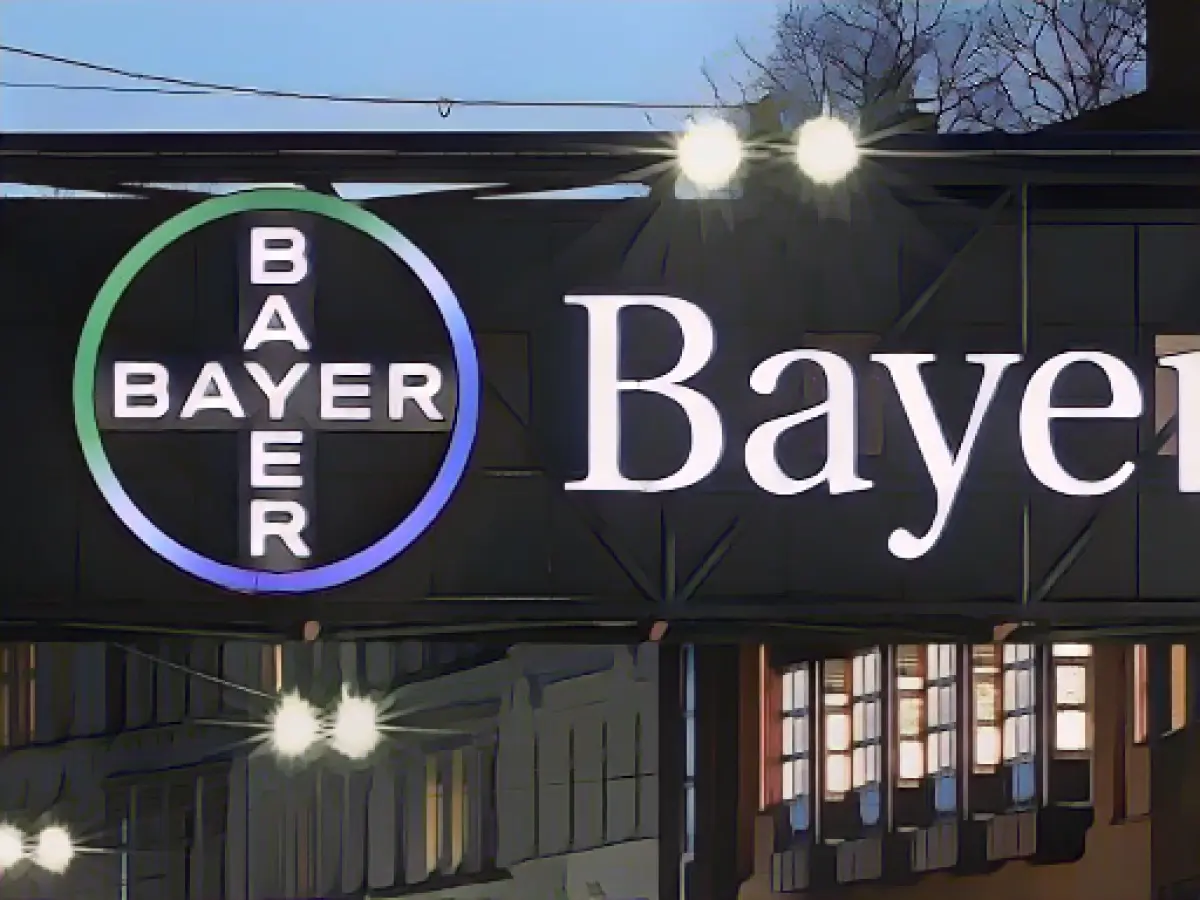Bayer's Struggles Continue as Drug Trial Halts and Glyphosate Lawsuit Looms
Things aren't looking too bright for Bayer right now. The German pharmaceutical and agricultural giant is dealing with a host of issues, from a discontinued drug trial to a multi-billion dollar glyphosate lawsuit in the US.
The latest blow came from the pharmaceuticals division, with the early termination of a promising drug study called asundexiane. This anticoagulant, set to succeed the well-known Xarelto, was supposed to become a blockbuster for Bayer. But the company declared that asundexiane's efficacy is inferior to the standard treatment, and they'll continue to analyze the data.
Asundexiane was a significant hope, especially considering Bayer's recent struggles with Xarelto. Sales of the drug have been on a downward trend due to the imminent loss of patent protection and the introduction of cheaper alternatives in the market. With Xarelto accounting for a substantial portion of Bayer's pharmaceutical revenues, the pressure was on to find a suitable successor.
In a phase III trial, a drug is already quite advanced in its development, and a favorable outcome could mean swift approval and booming business. However, turning potential blockbuster drugs into reality is a challenging process; many preparations never make it past the approval stage.
It's a crucial time for Bayer, which has faced setbacks when it comes to patent protection for Xarelto and now with asundexiane. However, the company is investing heavily in other promising candidates and therapeutic areas. EYLEA, for instance, has shown positive results in retinal vein occlusion, offering a glimmer of hope.
Meanwhile, the legal troubles continue for Bayer. Last Friday, a US jury ordered the company to pay over 1.5 billion US dollars to three former users of the glyphosate-based weedkiller Roundup. They accused the product of causing their cancer. While Bayer is confident that this verdict will be overturned on appeal, the glyphosate-based weedkiller has been a source of controversy, with numerous lawsuits alleging health risks.
This recent US jury verdict is just the latest chapter in a long-standing battle for Bayer, which acquired the controversial weedkiller as part of the 2018 Monsanto takeover. The deal cost Bayer more than 60 billion dollars and subsequently led to a wave of lawsuits in the US. In response, Bayer launched a multi-billion dollar compensation program in 2020 to settle the majority of these lawsuits, despite not admitting liability.
As Bayer grapples with these challenges, the future remains uncertain. The company will need to assess its strategies and resource allocation to ensure a smoother transition to its post-Xarelto era.
Sources:
Enrichment data:
The Phase III OCEANIC-AF trial for the Factor XI inhibitor, asundexian, was halted due to safety and efficacy concerns. The trial data showed a higher incidence of stroke, ischemic stroke, and thromboembolic events in the asundexian group compared to the apixaban group. These findings indicate that asundexian did not meet the desired safety and efficacy standards for the treatment of atrial fibrillation, potentially impacting Bayer's market share and revenue in the anticoagulant market. However, it's important to consider that Bayer's revenue in the age-related health drugs market is not entirely reliant on the success of asundexian.







